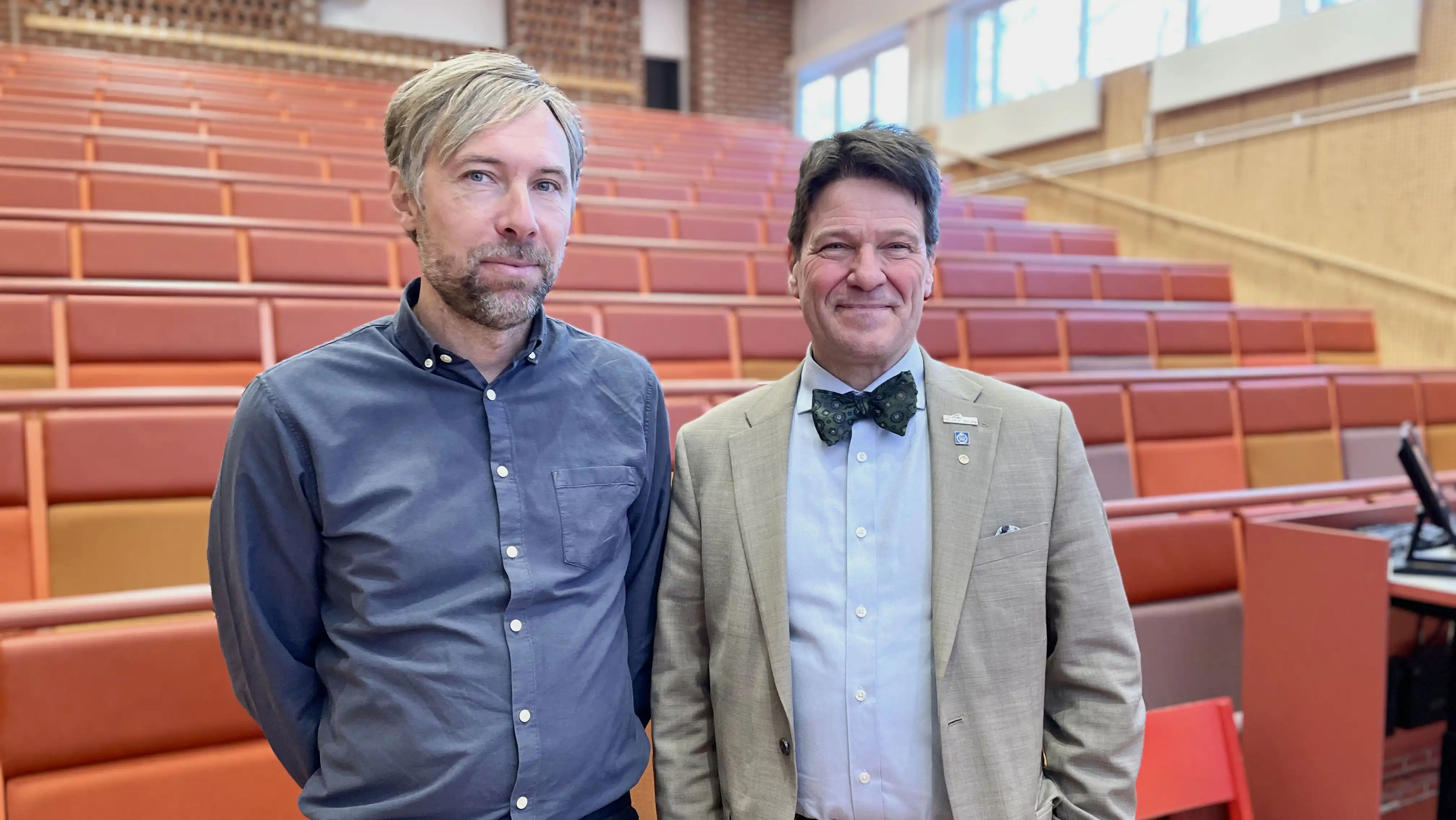KTH in three new national research schools for teacher educators

The Swedish Research Council has awarded funding to twelve national research schools for teacher educators. KTH is participating in three of them – two with a clear focus on AI and one in science and technology education. The initiatives aim to strengthen the research foundation of teacher education and support the development of future skills in the sector.
The research schools, which are part of a government mandate, are designed to reinforce the connection between research and teacher education. For KTH, this means two new programmes that will build knowledge about AI in education, while a third will focus on science and technology education.
“KTH already plays an established role in learning and AI, particularly when it comes to integrating AI skills into education at all levels. Our task is to equip engineers – and future teachers – for a world where AI is a natural part of everyday life,” says Arnold Pears, Head of the Department of Learning.
Stefan Hrastinski is KTH’s representative in GRAITE (Graduate School for AI and Teacher Education), a research school aimed at generating knowledge on how AI is influencing teacher education and the teaching profession.
“The focus is on how teacher educators can understand, use, and critically evaluate AI technologies, while preparing future teachers to work in a society increasingly shaped by AI,” says Professor Stefan Hrastinski.
GRAITE brings together nine Swedish universities with complementary expertise and builds on experiences from previous research schools in digitalisation and education.
How AI influence working conditions
The second research school, LärA-AI, is a collaboration between Uppsala University, KTH and the University of Gävle. It examines how generative AI affects teachers’ working conditions and professional roles.
“Many teachers already face a demanding work environment with high workloads and increasing administrative tasks. That is why we need new knowledge about how AI influences working conditions, responsibilities and competence needs,” says Arnold Pears, who leads the LärA-AI initiative.
Pears is also involved in the third research school, hosted by Linköping University in partnership with eight higher education institutions. Building on the national research school FontD, the programme spans the entire education chain – from preschool to upper secondary school – with the aim of strengthening the link between research and teacher education in science and technology didactics.
“The Department of Learning aims to lead the development of STEM education nationally and internationally. Our goal is to be a central actor in research in this field and to contribute to the government’s STEM initiative,” says Arnold Pears.
The grants from the Swedish Research Council provide strong support for the department’s long-term efforts to develop research-informed teacher educators in science and technology subjects across the school system.
“This is a major milestone for KTH – and for the department – and a clear confirmation that we are moving in the right direction. We look forward to contributing to an even stronger Swedish school system,” concludes Pears.
Text: Anna Gullers
